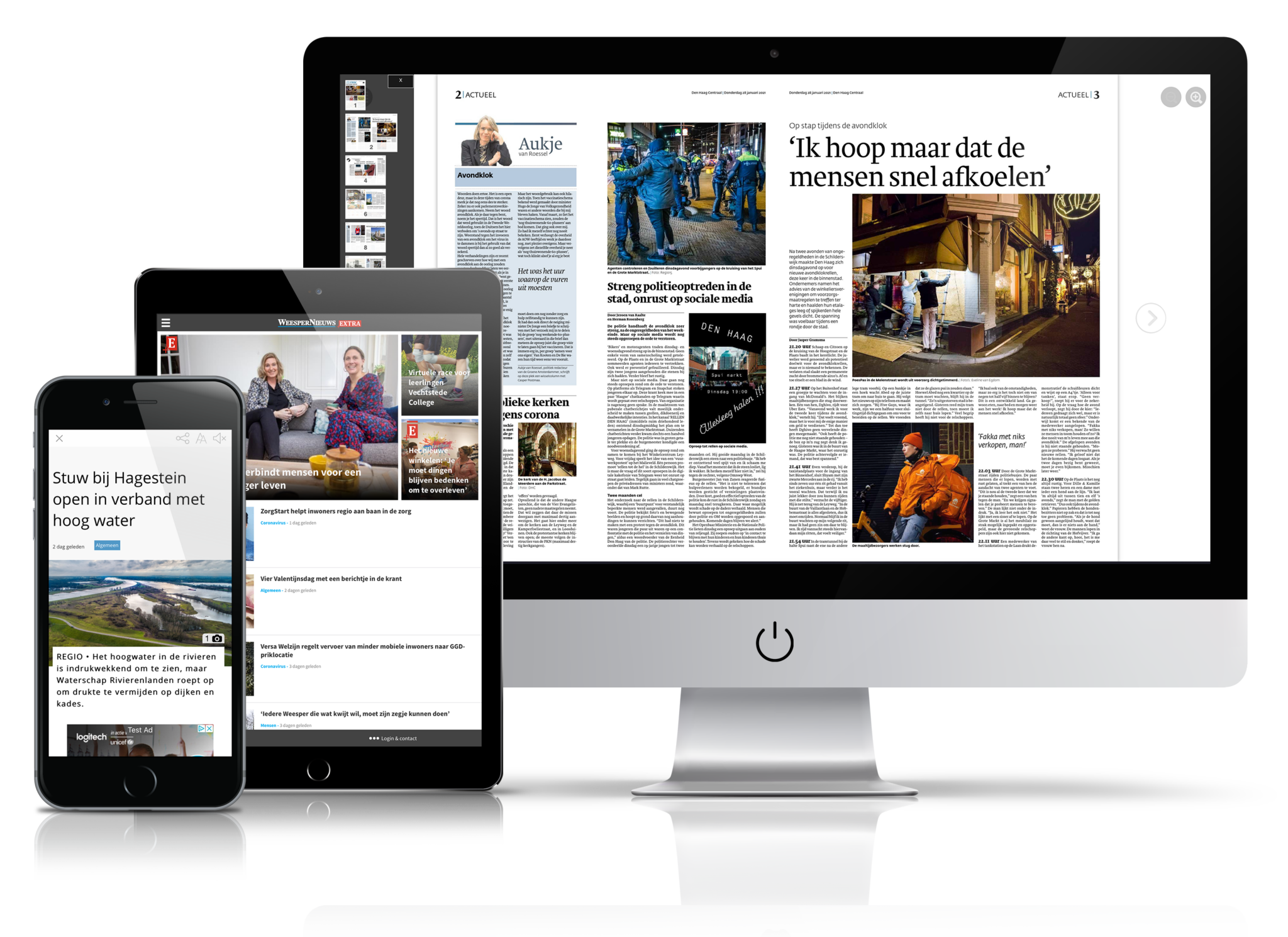Not known Facts About News Websites
Not known Facts About News Websites
Blog Article
News Websites - An Overview
Table of ContentsWhat Does News Websites Mean?The News Websites IdeasSome Of News WebsitesThe Facts About News Websites UncoveredHow News Websites can Save You Time, Stress, and Money.
It was down in the UK and Brazil however up a few other nations, such as Greece, Bulgaria, and Poland (News Websites). This year, for the initial time, we inquired about the different manner ins which individuals prevent the news and located that around half of avoiders (53%) were attempting to do so in a broad-brush or periodic way for example, by switching off the radio when the information began, or by scrolling past the information in social mediaYou stated that you attempt to actively prevent news.

I'm probably picking to learn more light-hearted stories than I utilized to right now. M, 51, UK Turning my back on information is the only means I feel I can cope occasionally. I have to knowingly make the effort to avert for my very own mental health and wellness.
How News Websites can Save You Time, Stress, and Money.
Discerning evasion of Ukraine news was highest in a number of the countries closest to the problem, enhancing findings from our added survey last year, soon after the battle had begun. Our information might not suggest a lack of rate of interest in Ukraine from close-by nations yet instead a need to manage time or protect psychological health from the very genuine scaries of war.
Comparing Finland with a politically polarised nation such as the USA (see following chart) that is much less impacted by the battle, we locate an extremely different pattern of topic avoidance. In the United States, we find that customers are most likely to stay clear of subjects such as national politics and social justice, where disputes over problems such as gender, sexuality, and race have come to be highly politicised.
American politics are pretty harmful these days. I find often that I have to detach from stories that just make me upset. F, 61, USA For some people, bitter and divisive political disputes are a reason to switch off information entirely, however for some political partisans, avoidance is commonly regarding shutting out point of views you do not desire to listen to.

The Buzz on News Websites
Some are aiming to make news extra obtainable for hard-to-reach groups, broadening the information program, appointing more inspiring or favorable news, or embracing positive or services journalism that offer individuals a sense of hope or personal company. In our study this year, we asked respondents about their interest in these different methods.
This explains why tales like Ukraine or nationwide politics carry out well with information regulars yet can at the same time turn less interested users away (News Websites). Selective avoiders are less curious about all types of news than non-avoiders but in relative terms they Visit This Link do appear to be much more thinking about favorable or solutions-based news

Examine This Report about News Websites
2023). This may hold true in the moment, but in time it seems to be try this web-site leaving many individuals empty and less completely satisfied, which might be threatening our link with and rely on the news. Throughout markets, total depend on in news (40%) and rely on the resources people use themselves (46%) are down by an additionally 2 percent points this year.
Certainly, with the rear-view mirror, the COVID-19 count on bump is plainly noticeable in the adhering to chart, though the instructions of traveling later on has actually been mixed. In many cases (e.g. Finland), the count on rise has actually been maintained, while in others the upturn looks even more like a blip in a story of continued long-term decline.
A few of the highest reported degrees of media objection are discovered in nations with highest degree of wonder about, such as Greece, the Philippines, the USA, France, and the UK. The cheapest degrees of media objection are commonly in those with higher degrees of trust, such as Finland, Norway, Denmark, and Japan.
The Facts About News Websites Uncovered
This year we asked participants concerning their preferences for text, audio and video when taking in information online. Usually, we find that the bulk still prefer to check out the news (57%), rather than watch (30%) or pay attention to it (13%), however more youthful individuals (under-35s) are most likely to listen (17%) than older groups.
Behind the averages check out this site we locate substantial and unusual nation differences. In markets with a solid reading tradition, such as Finland and the United Kingdom, around eight in 10 still prefer to check out on-line information, but in India and Thailand, around four in ten (40%) say they like to view news online, and in the Philippines that proportion mores than half (52%).
Report this page